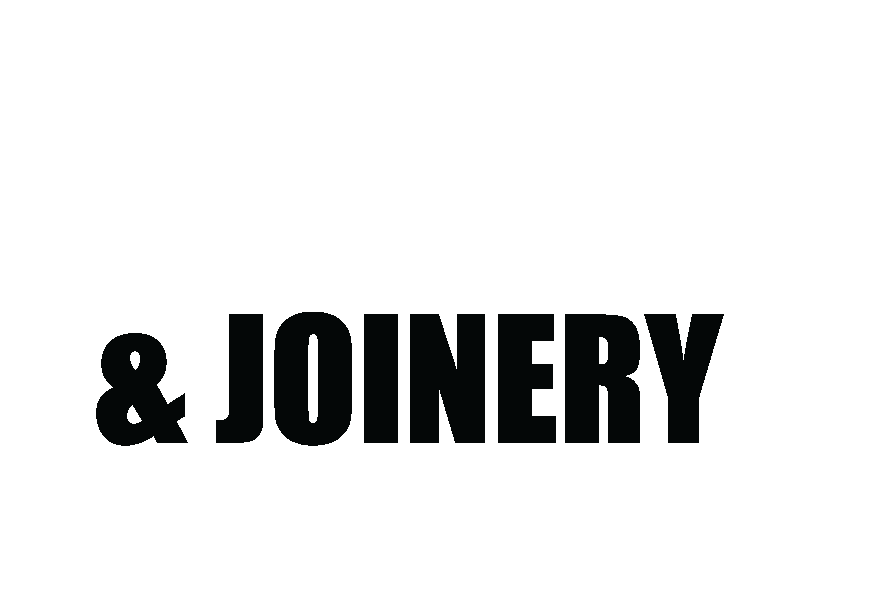Chris Franklin, Managing Director of Ranheat Engineering Ltd. One of the UK’s leading manufacturers of wood-waste burning equipment, continues his series of articles exclusively for Panel and Joinery Production.
The Renewable Heat Incentive (RHI) finally closed its doors to new applicants at the end of March this year, but it was a 20-year scheme.
As such, once accredited, payments can be made for up to 20 years, the problem is that a considerable number of makes of boilers will not last 20 years. Also, in the wood working industry a certain amount of PVC is used by some wood working companies as part of the material they use, often this cannot be separated from the feedstock. This can attack and corrode boilers.
Replacement boilers can be used under the scheme (RHI) but OFGEM (who administer the scheme on behalf of the Government) have applied rules and regulations that require a replacement boiler to meet the stricter emission regulations imposed at the closure of the scheme. Rather than the limits imposed at the time of applying. Sometimes this is not achievable due to cost or space limitations.
The answer is to repair the existing boiler by re-tubing the boiler and the tube nest plates. Repairs do not have to meet the stricter emission regulations.
Chris Franklin, of Ranheat Engineering Ltd, explains:
“I started my engineering career being trained in the NHS and attending Portsmouth University, to become a hospital engineer. (I studied Mechanical Engineering and Naval Architecture). Hospital engineers historically came from either the Royal or Merchant Navy. When a ship (or hospital boiler) started leaking you didn’t replace it, you re-tubed it. So I learnt very early in my career how to repair a water tube boiler. Ships and hospital boilers were so large you would have to dismantle the ship to take out the boiler.”
Most steel shell multi-tube boilers can be re-tubed several times in their life. So Ranheat are offering their services to re-tube boilers made by other manufacturers of boilers who no longer exist, or don’t have the facilities in the UK to undertake this work.
The following photo shows a steel shell boiler having new tubes welded into a new tube plate. Invariably Ranheat use thicker walled tubes than many other manufacturers, particularly European manufacturers.
T: 01604 750005








